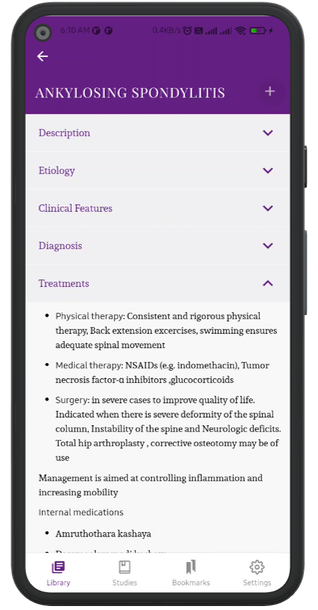FIBROMYALGIA
Description
- Fibromyalgia (FM) is a clinical syndrome characterised by persistent, diffuse pain in the body. This is typically described by the patient as “pain all over the body” including joints, muscles and spine. However there is no clinical discernible evidence of inflammation at any of these sites and therefore, this condition is classified as a soft tissue rheumatism
- More commonly seen in young or middle aged women and the pain is accompanied by a number of other symptoms including fatigue, depressed mood, sleep disturbance, headache and social isolation
Types
Patients typically present with functional symptoms and often have a history of psychiatric disorders. Physical examination reveals characteristic tender points over multiple areas of the body with no signs of inflammation (i.e., no notable swelling, deformity, or erythema)
- Chronic, widespread pain, primarily at points where muscles and tendons attach to bone (tender points)
- Headache
- Fatigue
- Morning stiffness
- Unrefreshing sleep
- Cognitive dysfunction
- Paresthesias
- Symptoms of autonomic dysfunction: digestive problems, weight fluctuation, palpitations, sexual dysfunction, night sweats
Associated symptoms : May occur alongside Fibromyalgia
- Functional somatic syndromes (e.g., chronic fatigue syndrome , irritable bowel syndrome, tension or migraine headaches, chronic pelvic and bladder syndromes)
- Psychiatric disorders (depression, generalized anxiety disorder)
- Sleep disorders (e.g., sleep movement disorders such as restless leg syndrome)
Differential diagnosis
- Myofascial pain syndrome : pain is mostly confined to one anatomical region
- Polymyalgia rheumatica
- Hypothyroid myopathy
Investigation
- Usually clinical diagnosis is done
- Normal lab values and imaging
Diagnostic criteria
- Generalised pain, defined as pain in at least 4 or 5 regions, is present
- Symptoms have been present at a similar level for at least 3 months
- Widespread pain index(WPI) ≥ 7 and symptom severity scale score ≥ 5
Treatments
- Patient education
- Relaxation exercises
- Lifestyle changes: dietary recommendations, sleep hygiene, regular physical activity
Internal medicines
- Ashtavarga kashaya
- Dhanwantara kashaya
- Kalyanaka kashaya
- Ksheerabala taila
- Ashwagandharishta
- Mahadhanwantara gutika
- Chandraprabha vati
- Vatavidhwamsini rasa
- Rasna dashamoola ghrita
- Vidaryadi lehya
Procedures
- Abhyanga : Murivenna , kayathirumeni
- Dhara : Dashamoola kashaya
- sneha vasti – Dhanwantara taila
Department
Kayachikitsa

